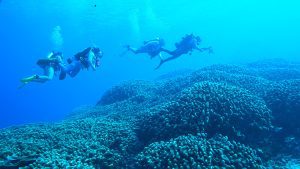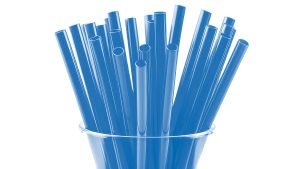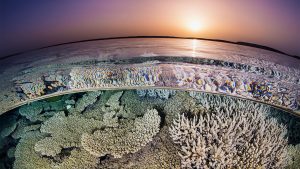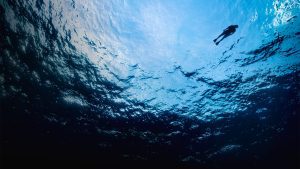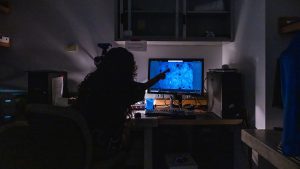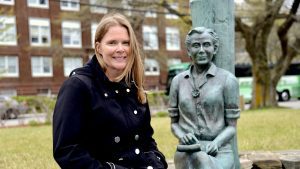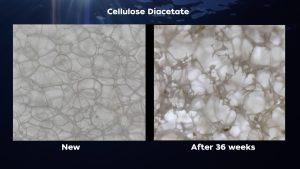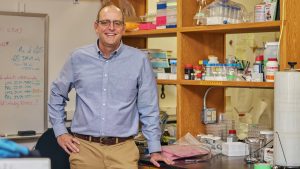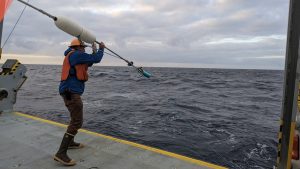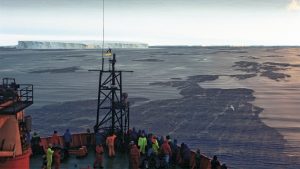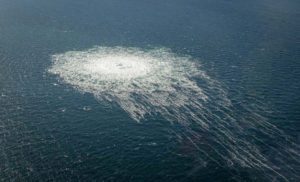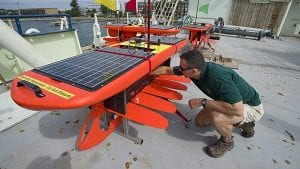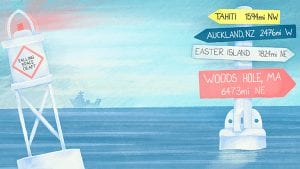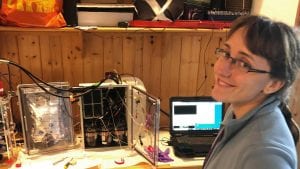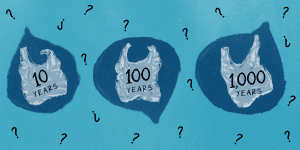Research Highlights
Oceanus Magazine
News Releases
Fellows are elected annually through a highly selective, peer-review process, based on their records of scientific achievement and original contributions.
A new version of CDA was found to be the fastest degrading bioplastic material tested in seawater and is a promising replacement for other long-lasting foam plastic materials.
Benjamin Van Mooy receives “genius grant” for his research on biogeochemical networks and the impacts of climate change on ocean health
A series of seemingly small processes helps carry carbon dioxide from the ocean’s surface to the deep sea, where it can be stored away for decades.
A newly published article spells out the work needed to assess the potential of ocean iron fertilization as a low cost, scalable, and rapidly deployable method of mCDR.

